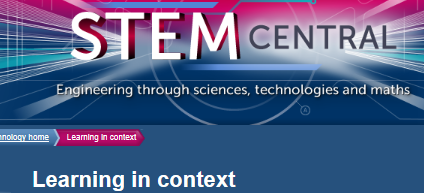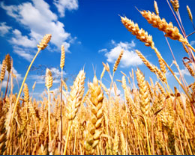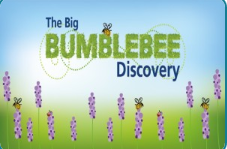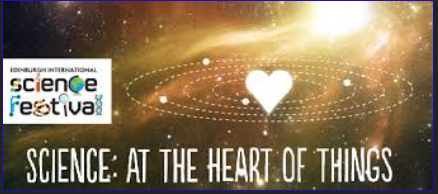February 14, 2014
by User deactivated
0 comments
 Rarely out of the news, energy supply and demand is an issue which affects all of us. However, the debate can become tiresome: complaints about the intermittency of wind turbines, the nuclear waste issue, to frack or not to frack…
Rarely out of the news, energy supply and demand is an issue which affects all of us. However, the debate can become tiresome: complaints about the intermittency of wind turbines, the nuclear waste issue, to frack or not to frack…
What we need to see is the bigger picture in all of this: yes, supply and demand, but also an acknowledgement that things don’t have to remain the same. Why, for example, do we assume we will stick with centralised energy generation based on transferring along inefficient energy grids? That’s a Victorian solution in an Internet age, and it’s based on the assumption of cheap energy (with obscured costs) and economies of scale.
What if, instead, production took place in many places with many hands, using a vast variety of sources which are localised, based on a cascading use of energy, using smart meters and radical energy efficiency? The book, Reinventing Fire, has successfully made this argument for some time now, and the recent results in Germany are worth learning from.

Then there is the assumption that economic output must fall in order for energy demand to decrease. An economy based on performance, rather than efficiency, slows down the flow of resources, creates jobs, returns materials as input, removes built in obsolescence, internalises costs as benefits, and makes use of embedded energy where possible. Some companies have found that by adopting a circular economy model they have reduced their energy demand by 80%, thanks to their success in recapturing materials at high quality.
Energy simply cannot be looked as a stand-alone issue, because it is integrated with how we produce, consume and use. In other words, our current energy problems are part of a wider systemic problem. Tackling a faulty system and researching solutions is part of the work the Ellen MacArthur Foundation is carrying out with companies, governments, universities and schools. The circular economy is a framework for effective flows of materials and energy, and, as a systems approach, it tackles a multitude of issues relevant to the curriculum.
One of our teaching resources takes a systems approach to dealing with the energy issue. The Future of Energy is a free download (link below) and is suitable for use in, particularly, Physics, Biology and Geography classes.
The resource looks at:
- Connecting producer and consumer in the future
- Decomposers
- The future of the UK’s energy mix
- Waste to energy
- Nuclear power
Download the resource from here: http://www.ellenmacarthurfoundation.org/education/resources/systems-thinking/the-future-of-energy
References:
Ellen MacArthur Foundation – http://www.ellenmacarthurfoundation.org/
Teaching resource, ‘The Future of Energy’ –
http://www.ellenmacarthurfoundation.org/education/resources/systems-thinking/the-future-of-energy
Reinventing Fire – http://www.rmi.org/reinventingfire
Germany’s distributed network – http://www.qualenergia.it/sites/default/files/articolo-doc/OKO7.pdf
 STEM Central supports the delivery of teaching in science, technology, engineering and mathematics.
STEM Central supports the delivery of teaching in science, technology, engineering and mathematics. 













 Rarely out of the news, energy supply and demand is an issue which affects all of us. However, the debate can become tiresome: complaints about the intermittency of wind turbines, the nuclear waste issue, to frack or not to frack…
Rarely out of the news, energy supply and demand is an issue which affects all of us. However, the debate can become tiresome: complaints about the intermittency of wind turbines, the nuclear waste issue, to frack or not to frack…
